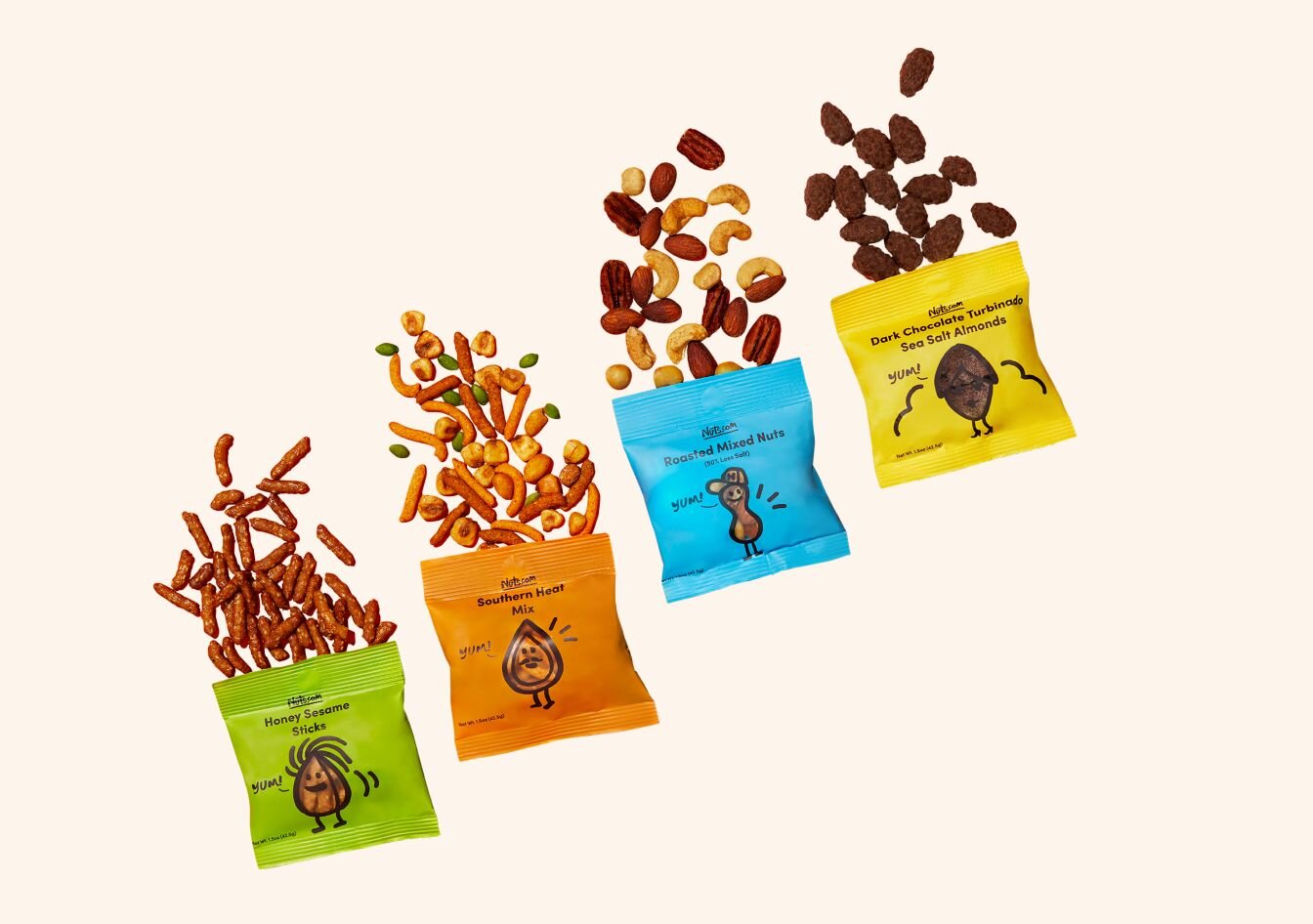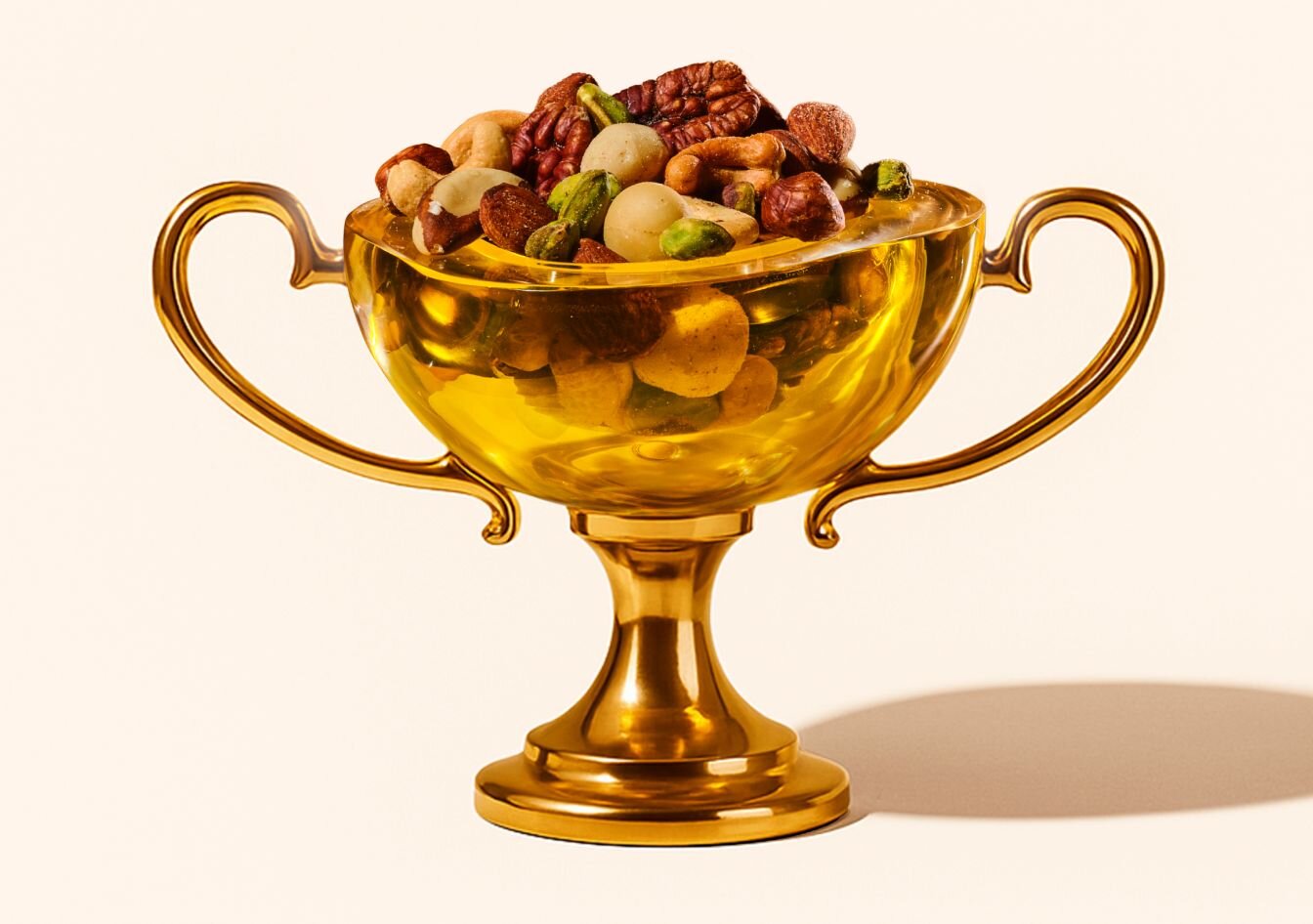Rye
Sort by:
Nuts! We found no matches for 'this query'!
Need help? Try one of these popular help pages.
What is Rye?
Rye berries are the seeds of Secale cereale, which is commonly planted in the winter and known for its versatility. This plant is capable of growing in poor quality soil, which has resulted in the grain’s popularity across Eastern Europe and Western Asia. Rye berries are grown with an inedible husk that must be removed before consumption. Once the husk is removed, whole grain rye berries are composed primarily of a starchy endosperm as well as some bran and a minuscule inner germ.
Rye is commonly consumed in baked goods that utilize the grain’s hearty low-gluten flour, which supplies a uniquely sharp and tangy savor reminiscent of sourdough. We sell dark rye flour, which is a fine powder formed of 100% whole grain rye. The rye berries, however, can also be enjoyed as a hearty hot breakfast comparable to oatmeal, with cracked berries supplying a similar texture to that of steel-cut oats.
Rye Nutrition
Rye is packed with fiber and other essential nutrients to support your health in several ways. Whole grain rye obviously has the most nutritive value, offering 34% of the Daily Value for fiber in every ⅓ cup serving. As for the other minerals provided, the grain offers a healthy helping of copper, manganese, and phosphorus to account for more than 20% of the Daily Value for each. Of the nutrients provided, the most substantial in terms of its practical offerings is the preponderance of fiber- which serves to support both digestive and cardiovascular health.
How to Cook Rye
To create a soft cereal that can be used as a delectable side dish or savory salad ingredient, simply follow the instructions below with our whole grain rye berries.
Prep Time: 24 hours and 2 minutes | Cook Time: 45 minutes | Total Time: 24 hours and 47 minutes
Yield: 2 cups of cooked rye berries
- Add one cup of whole grain rye berries to a pot of water and let the berries soak overnight.
- Boil 3 cups of water for every 1 cup of raw rye berries you hope to cook.
- Drain soaking rye berries and add to the pot of boiling water.
- Allow the pot to return to a boil then partially cover the pot and reduce heat to a simmer.
- Let simmer for 45 minutes or until water is absorbed and kernels are chewy but somewhat firm.
- Drain any excess water and fluff with a fork.
- Serve and enjoy!
For cracked rye berries, do not soak the berries beforehand and reduce the time spent boiling in step five to 20 minutes.
Rye Flour
There are several types of rye flour and rye meal that are used to produce both sweet and savory confections. In contrast to other flours, the dark whole-grain variety is among the most popular. This is largely due to the difficulty associated with separating parts of the berry to create a refined flour, though there are varieties that have had most of their bran and germ removed to produce a lighter color for confections with a softer flavor and fluffier consistency.
Rye flours typically result in a dense composition due to the lack of gluten included in the grain; gluten normally provides a catalyst for the leavening agent in baked goods, so the smaller concentration of this protein limits the amount rye confections can rise. For additional texture and an even more pronounced palate, pumpernickel meal is often used. This formulation is similar to standard dark rye flours, but the berries have been coarsely ground to create an even heavier loaf with a surprisingly strong sensation. Cracked rye berries can also be added to pumpernickel breads or other confections to add a delectable crunch.
For a delectable honey wheat and rye bread recipe, check out our dark rye flour page.




